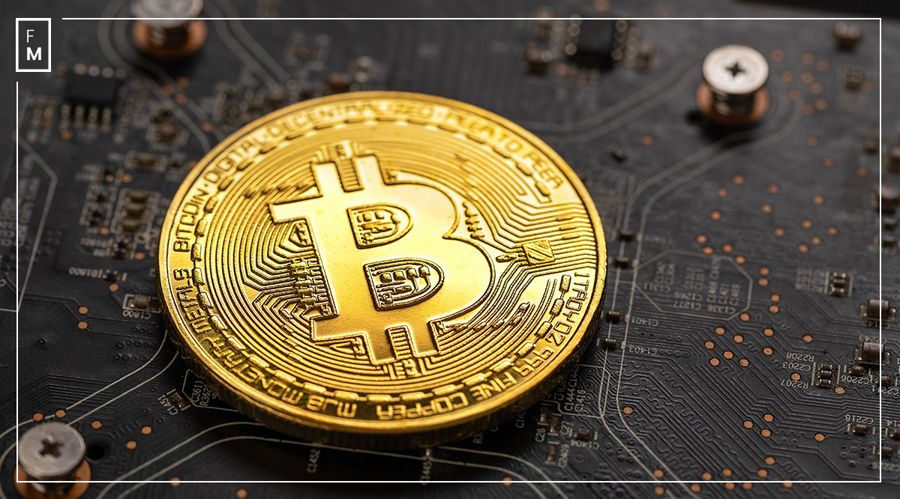As Bitcoin continues to conquer new heights, El Salvador is celebrating. The tiny Central American nation was the first country to embrace Bitcoin as legal tender, a move that was met with mixed reactions. The country’s President Nayib Bukele recently gave an update about the gains from this unique economic strategy.
Early this month, Bitcoin soared past the historic $100,000 mark, bringing a windfall to the country’s holdings and silencing some of its fiercest critics.
President Nayib Bukele Celebrates
President Bukele, the face behind this unconventional strategy, marked the milestone by sharing El Salvador’s reported gains of over $300 million, a number that highlighted the risky yet potentially rewarding nature of his Bitcoin experiment.
Bitcoin’s latest rally began after Donald Trump’s U.S. election victory in recent weeks, further boosted by the nomination of crypto-friendly Paul Atkins for the SEC chair position.
— Nayib Bukele (@nayibbukele) December 16, 2024
On Monday, the cryptocurrency soared even further to a new high of $106,000. The gains dramatically improved the value of El Salvador’s Bitcoin portfolio, which the government reportedly began accumulating in 2021.
In 2021, El Salvador made headlines by becoming the first country to make Bitcoin legal tender, a move that sparked intense debate. Bukele argued that Bitcoin could boost financial inclusion, drive economic growth, and lessen reliance on the U.S. dollar.
But the decision was divisive. Protesters filled the streets, voicing concerns over Bitcoin’s notorious volatility and its practicality as a medium of exchange. At one point in 2022, Bitcoin’s price plummeted to under $17,000, deepening skepticism both domestically and internationally, APNews reported.
Fast forward to 2024, and the narrative has shifted dramatically. El Salvador’s Bitcoin holdings, once criticized as reckless, have grown to more than $600 million in value.
Hooah! pic.twitter.com/B1y0cl8Kry
— Nayib Bukele (@nayibbukele) December 5, 2024
Price Volatility
However, Bitcoin’s volatility remains a double-edged sword. While El Salvador’s recent gains are impressive, the digital asset faces volatility, and the investment could drop in value. Interestingly, Bukele has also proposed the creation of Bitcoin City. He described it as a futuristic, tax-free hub powered by geothermal energy from the country’s volcanoes.
For now, Bukele continues to double down on his Bitcoin dream. Earlier this year, he announced plans to move a significant portion of El Salvador’s Bitcoin assets to a cold wallet stored securely within the country’s borders.
We’ve decided to transfer a big chunk of our #Bitcoin to a cold wallet, and store that cold wallet in a physical vault within our national territory.You can call it our first #Bitcoin piggy bank 🇸🇻It’s not much, but it’s honest work 😂 pic.twitter.com/dqzedykxT1
— Nayib Bukele (@nayibbukele) March 14, 2024
Additionally, strained relations with the International Monetary Fund (IMF) have reportedly left El Salvador without a quick solution to its cash shortages. Despite these concerns, Bukele views Bitcoin as a long-term asset, capable of transforming El Salvador’s financial future and reducing dependence on external aid.
This article was written by Jared Kirui at www.financemagnates.com.TrendingRead More
You might also be interested in reading TA: Bitcoin Consolidates Gains, Why Dips Could Be Limited Below $50K.



